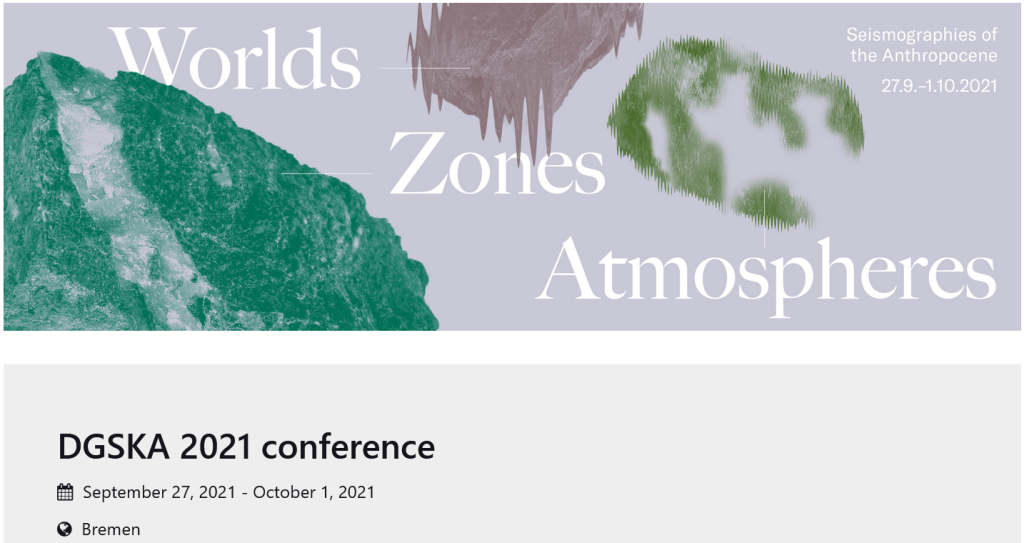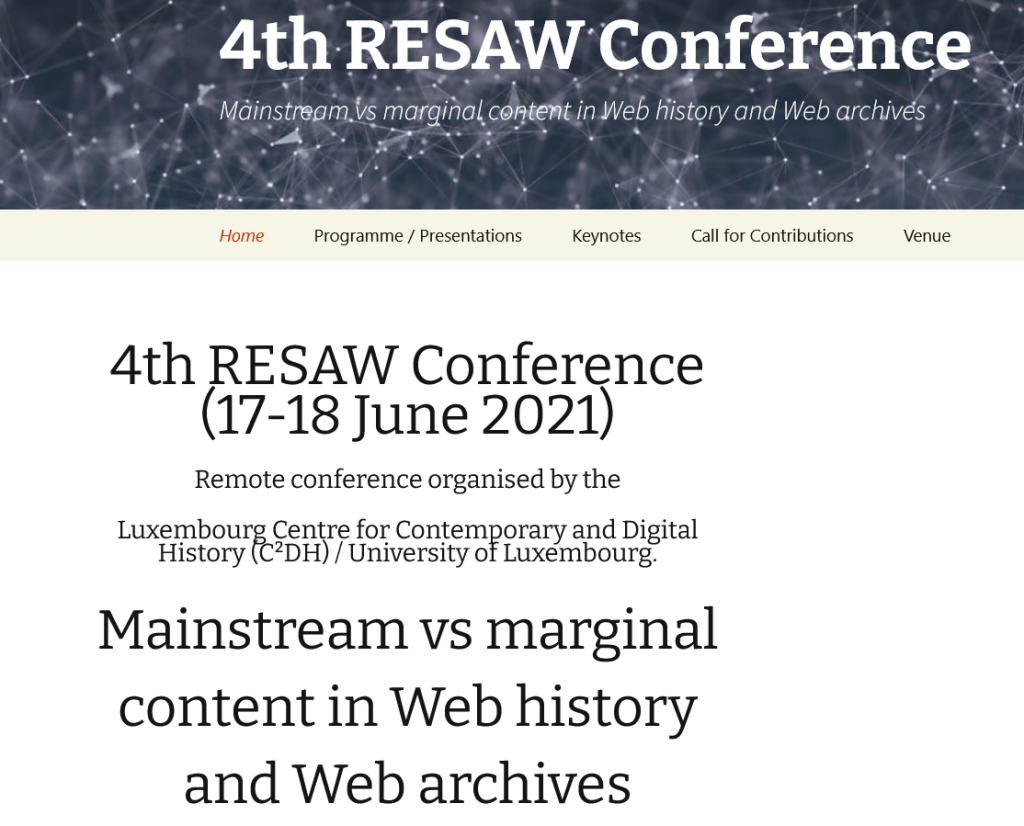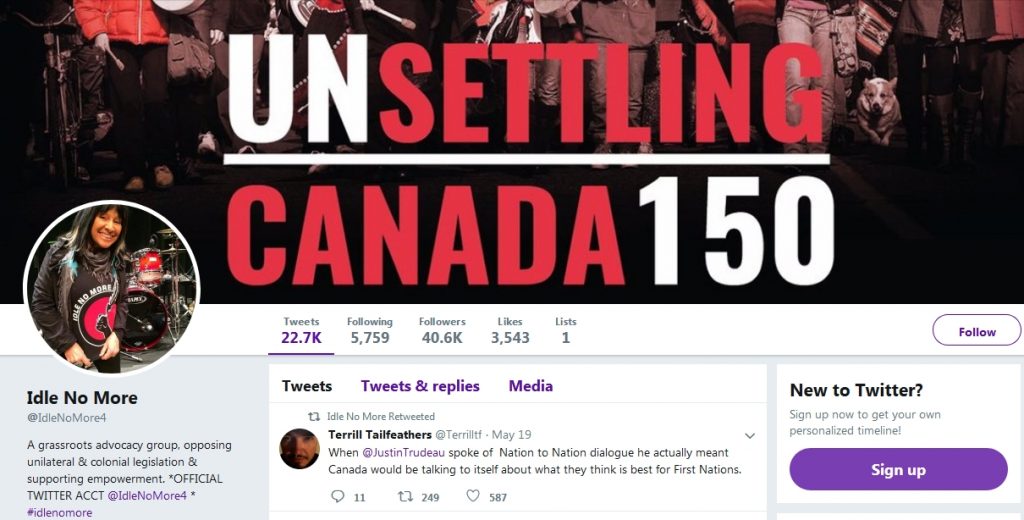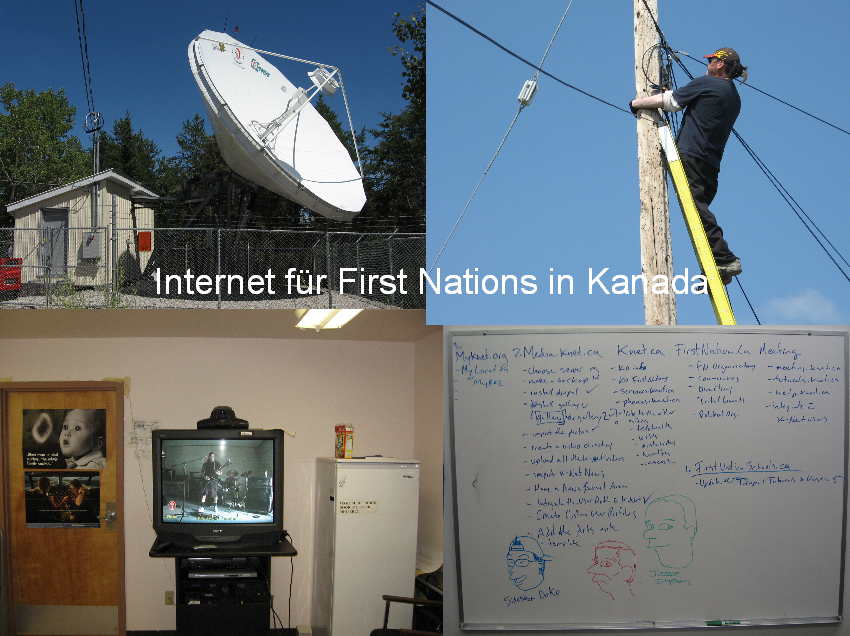Budka, P. (2021). The rise and fall of an indigenous web-based platform in Northwestern Ontario, Canada. Paper at Research Infrastructure for the Study of Archived Web Materials (RESAW21) Conference: “Mainstream vs Marginal Content in Web History and Web Archives”, Online (hosted by University of Luxembourg, Luxembourg), 17-18 June.
Abstract
In 1998, the Kuh-ke-nah Network (KO-KNET), an internet organization established by the tribal council Keewaytinook Okimakanak (KO) to connect remote First Nation communities in Canada’s Northwestern Ontario to the internet, developed the web-based platform MyKnet.org. This platform was set up exclusively for First Nations people to create personal homepages within a cost- and commercial-free space on the web.
By the early 2000s, a wide set of actors across Northwestern Ontario, a region with an overall indigenous population of about 45,000, had found a new home on this digital platform. During its heyday between 2004 and 2008, MyKnet.org had more than 30,000 registered user accounts and about 25,000 active homepages. With the advent and rise of commercial social media platforms user numbers began to drop. To reduce administrative and technical costs, KO-KNET decided to switch to WordPress as hosting platform in 2014. Since this required users to set up new websites, numbers continued to fall. In early 2019, there were only 2,900 homepages left and MyKnet.org was shut down a couple of months later.
MyKnet.org used to be extremely popular among First Nations people. As I found out during my ethnographic fieldwork in Northwestern Ontario (six months between 2006 and 2008, including participant observation and 96 interviews) and in MyKnet.org (between 2006 and 2014) this was mainly because of two reasons.
- People utilized MyKnet.org to establish and maintain social relations across spatial distance in an infrastructurally disadvantaged region. They regularly visited the homepages of friends and family members to see what they were up to, they communicated via message boxes, and they interlinked their homepages.
- MyKnet.org contributed to different forms of cultural representation and identity construction. Homepage producers used the platform to represent themselves, their families, and their communities by displaying and sharing pictures, music, texts, website layouts, and artwork. Such practices not only required people to learn digital skills, they also contributed to the creation of a web-based indigenous territory on the web (Budka, 2019).
This paper explores the rise and fall of MyKnet.org, aiming thus to contribute to the analysis of missing and marginalized internet and web histories (Driscoll & Paloque-Berges, 2017). By considering the historical and cultural contexts of First Nations’ everyday life and by drawing from ethnographic fieldwork, it critically reviews theoretical accounts and conceptualizations of change and continuity that have been developed in an anthropology of media and technology (e.g., Pfaffenberger, 1992; Postill, 2017) and in postcolonial technoscience (e.g., Anderson, 2002). In doing so, it examines how sociotechnical change and cultural continuity can be conceptualized in relation to each other and in the context of (historical) processes of digital decoloniality.
During fieldwork many people told me stories about their first MyKnet.org websites in the early 2000s, how they evolved and what they meant to them. People vividly described how their homepages were designed, structured, and to which other websites they were linked. To deepen my interpretation and understanding of these narratives, I used the Internet Archive’s Wayback Machine to recover archived versions of these websites whenever possible. Thus, the Wayback Machine became an additional methodological tool for my ethnographic research into the history and social life of MyKnet.org.
References
- Anderson, W. (2002). Introduction: Postcolonial technoscience. Social Studies of Science, 32(5–6), 643–658.
- Budka, P. (2019). Indigenous media technologies in “the digital age”: Cultural articulation, digital practices, and sociopolitical concepts. In S. S. Yu & M. D. Matsaganis (Eds.), Ethnic media in the digital age (pp. 162-172). New York: Routledge.
- Driscoll, K., & Paloque-Berges, C. (2017). Searching for missing “net histories”. Internet Histories, 1(1–2), 47–59.
- Pfaffenberger, B. (1992). Social anthropology of technology. Annual Review of Anthropology, 21, 491–516.
- Postill, J. (2017). The diachronic ethnography of media: From social changing to actual social changes. Moment. Journal of Cultural Studies, 4(1), 19–43.



